Nico Hulkenberg sees echoes of his 2013 debut season with Sauber in his return to the Swiss outfit for the 2025 Formula 1 campaign, noting a familiar pattern of steady development and gradual improvement.
Speaking ahead of the Hungarian Grand Prix, the experienced German drew parallels between the two periods. Rewind 12 years, and Hulkenberg was one of F1’s brightest young talents, eager to make his mark at a new team.
However, the start of the season did not go according to plan. Following a strong 2012 campaign in which Sauber secured sixth in the Constructors’ Championship, expectations were high for 2013, especially after four podiums were achieved the previous year by drivers Sergio Perez and Kamui Kobayashi.
The early races proved challenging. In the first 11 rounds, Sauber collected just seven points — all scored by Hulkenberg. But the season wasn’t entirely bleak.
Things took a dramatic turn in the second half, starting with a standout performance in Italy, where Hulkenberg’s third-place qualifying — behind only the Red Bulls — marked a key moment in Sauber’s recovery and helped push the team up the standings. He finished fifth at Monza and scored points in six of the final eight races.
The revival was fueled by aerodynamic updates introduced at the Hungaroring and mid-season changes to Pirelli’s tyre strategy.
Reflecting on those parallels, Hulkenberg highlighted how both seasons required adaptation before the team could regain competitiveness.
“I think it took longer for us to turn it around,” he told media including Motorsport Week. “I think it started from here [Hungary] and the front tyres, the construction changed or something.
“And we picked up competitiveness again, but it has similar trends. Memories are blurry. I don’t know. It’s a long time ago.”
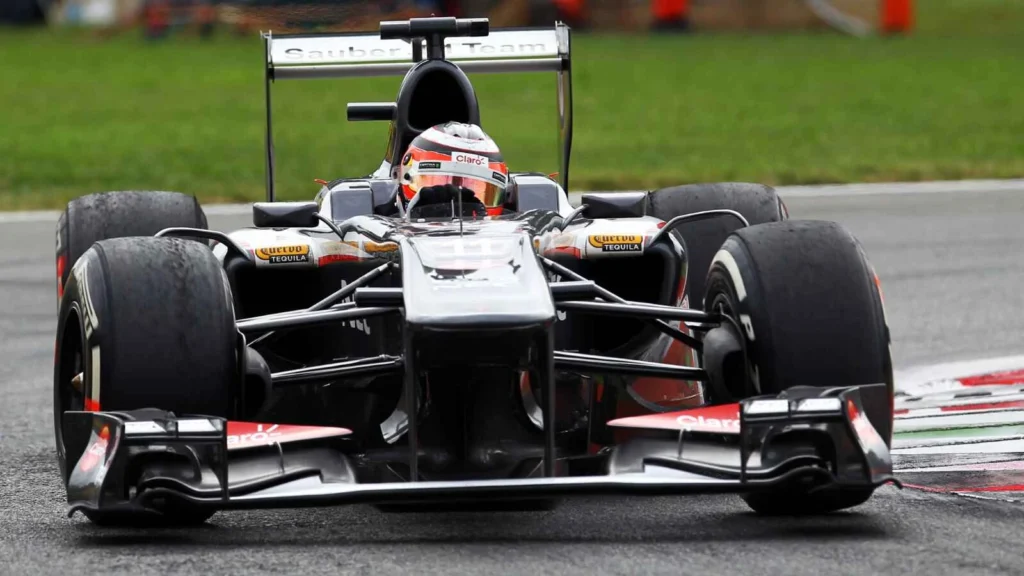
Hulkenberg leads another Sauber mid-season turnaround
The key difference this season is Sauber’s end-of-year transition into the Audi works team. Yet the 2025 campaign began in a familiar fashion. Despite a fortunate seventh-place finish in Melbourne, which earned him six points, the 38-year-old endured a dry spell until round nine in Spain.
Rookie team-mate Gabriel Bortoleto also failed to score during this period. But an upgrade introduced at the Circuit de Catalunya–Barcelona shifted the team’s momentum.
Sauber collected 35 points over the next four races, with 31 of those coming from Hulkenberg, who also secured a career-first podium at Silverstone. Meanwhile, Bortoleto contributed his first points in Austria with an eighth-place finish, as Sauber eventually climbed to seventh in the Constructors’ Championship.
While the turnaround bore similarities to 2013, as Hulkenberg noted, this season’s recovery arrived earlier. Another key difference is the stage of his career: more experienced and settled, he isn’t facing the same adjustment struggles that some drivers experience when switching teams.
When asked if he felt he was already at a peak, Hulkenberg explained: “I don’t know if you can say a peak. I think you’re always progressing. You’re always adjusting, learning as the season goes on.
“You see the cars change sometimes with updates. And you’re constantly working and fine-tuning your driving style, your technique. So it’s a constant work-in-progress situation for me.
“But it’s not like you’re struggling. Obviously, taking a step back, objectively looking at it, qualis have been challenging this year. Which is a bit unusual from my past.
“So I think there’s still some room for improvement there and some things we can clean up.”
READ MORE – Nico Hulkenberg raises situation Audi must avoid under 2026 F1 rules
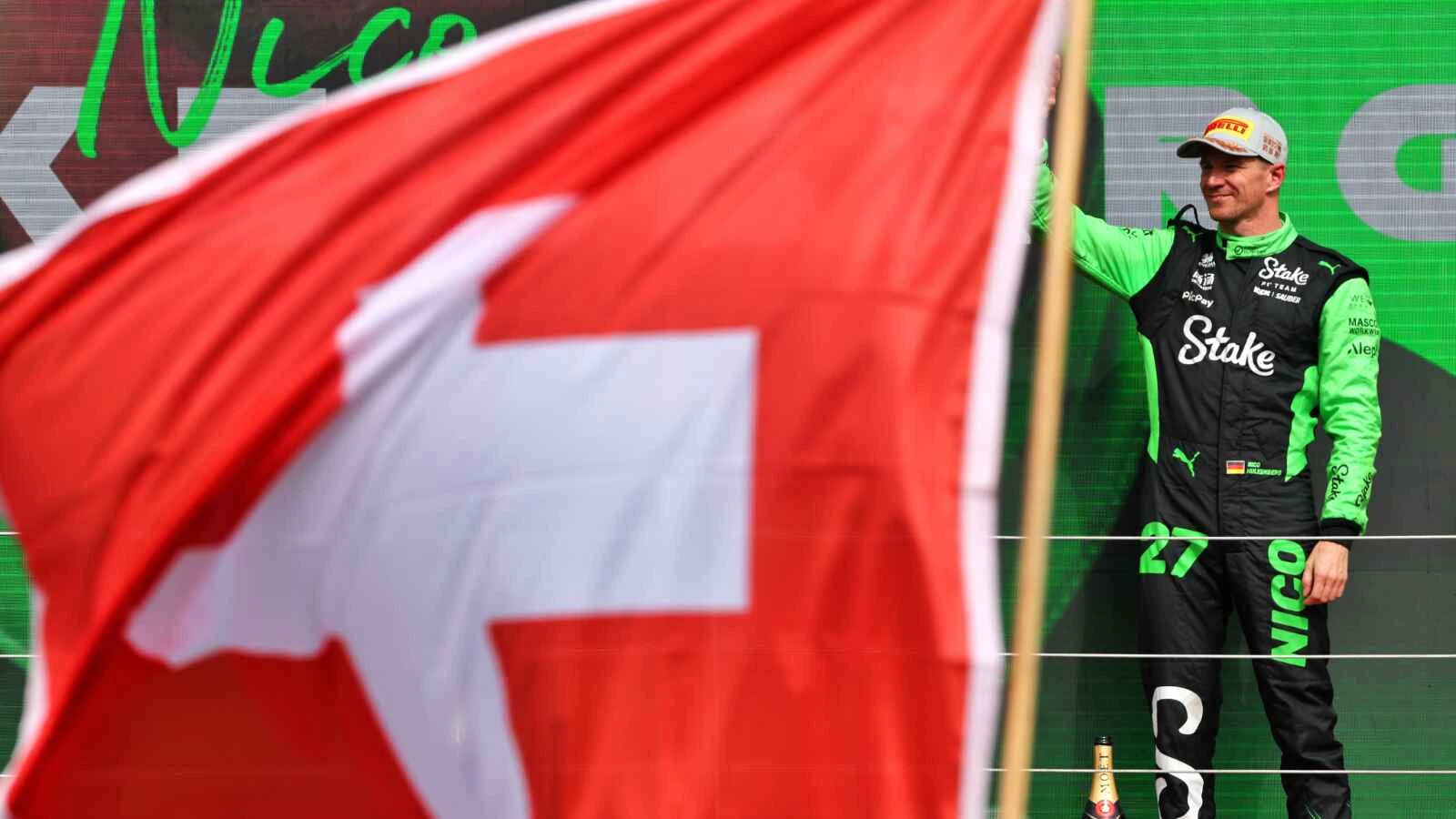


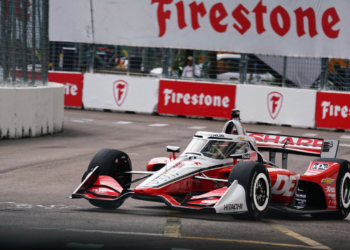
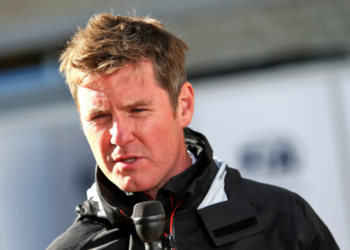
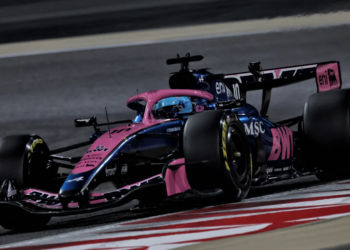
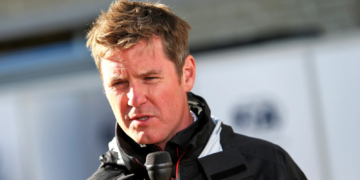
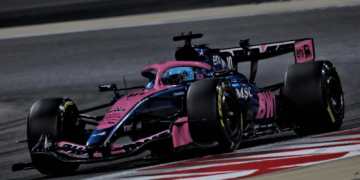

Discussion about this post